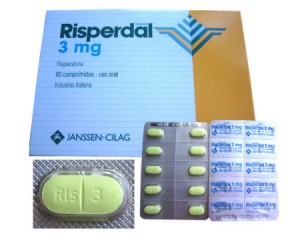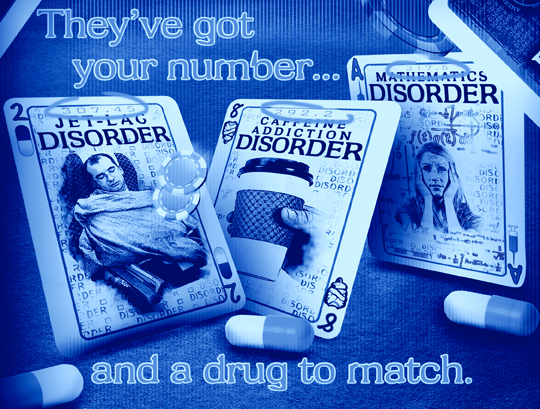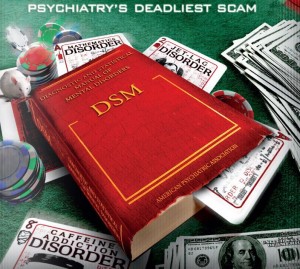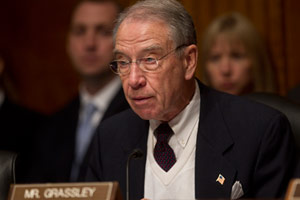
Lawsuit Claims J&J Hid Drug Studies Showing Risperdal Causes Diabetes to Protect Billions in Sales
Johnson & Johnson hid studies showing its Risperdal anti-psychotic drug caused diabetes to protect billions of dollars in sales, a lawyer said in the first personal-injury claim over the medication to go to trial.
Researchers at J&J’s Janssen unit knew as early as 1999 that a study found Risperdal caused diabetes at a higher rate than a competing drug and failed to hand over the results to regulators probing links between the disease and anti-psychotic medicines, Fletch Trammell, a lawyer for a former Risperdal user, told a New Jersey jury today in opening statements.
“The evidence will show Janssen buried studies for a competitive advantage,” Trammell told jurors in state court in New Brunswick, New Jersey. J&J, the world’s second-largest health-products maker, is based in the city.
The trial of Gary Skala’s claims that his 14 years’ worth of Risperdal use caused his diabetes began two weeks after J&J agreed to pay $158 million to settle Texas officials’ claims that it fraudulently marketed the drug.






SHARE YOUR STORY/COMMENT: